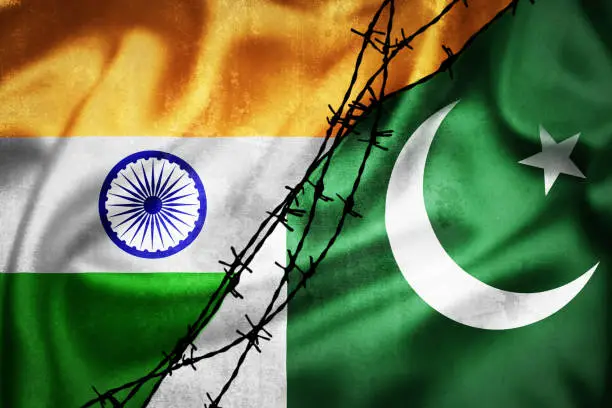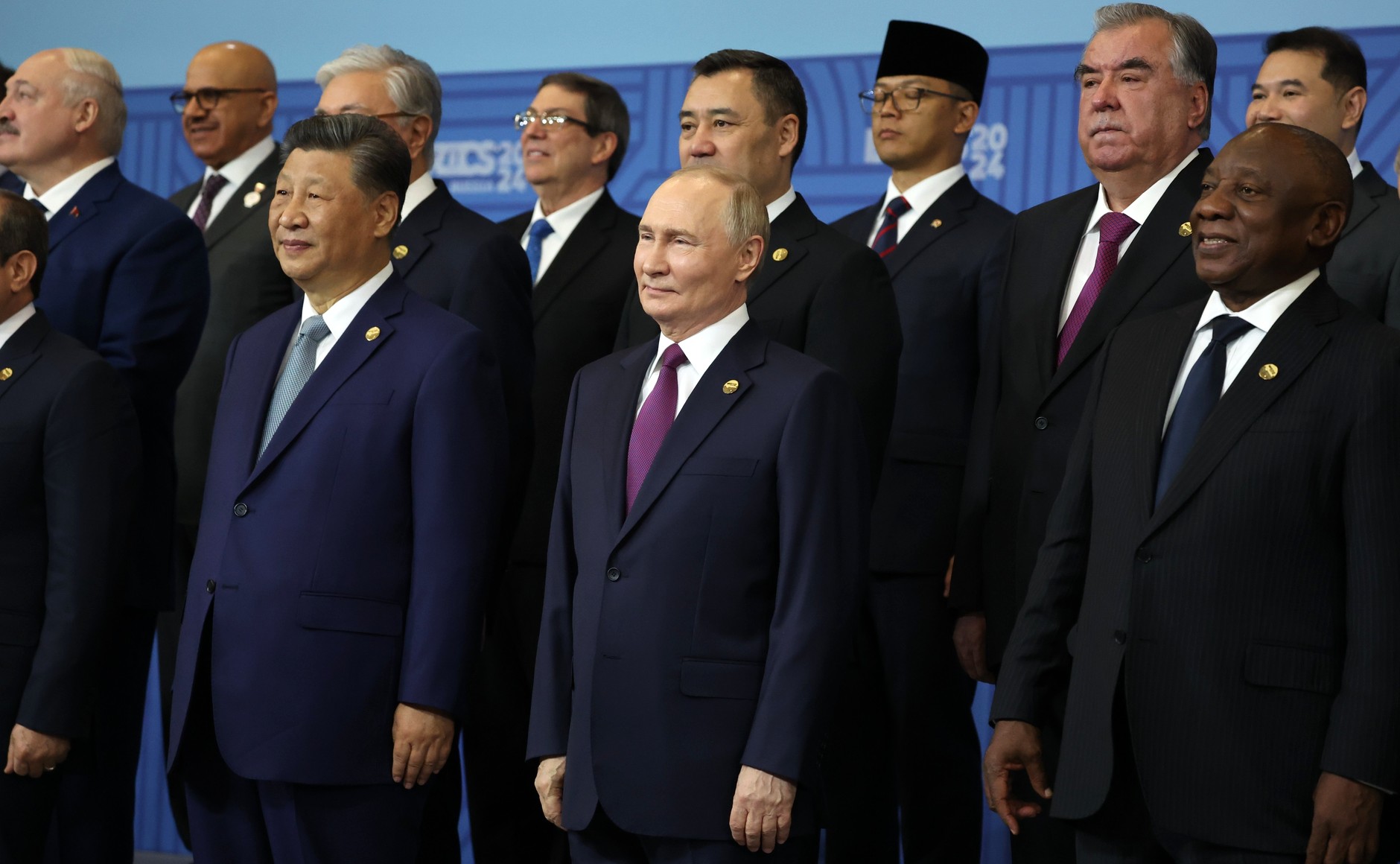Missiles light up the sky in Jammu amid India-Pakistan conflict
The India-Pakistan conflict has reached a boiling point, with missile strikes, drone attacks, and widespread panic engulfing frontier cities like Jammu, Udhampur, and Pathankot. On May 8, 2025, residents of Indian-administered Kashmir and Punjab reported explosions, blackouts, and sirens as the two nuclear-armed neighbors exchanged accusations of aggression. This escalation follows the deadly Pahalgam attack on April 22, which killed 26 people and reignited long-standing tensions over the disputed Kashmir region.
Missile Strikes and Drone Attacks Fuel War Fears
According to reports, India accused Pakistan of launching drone and missile attacks on military stations in Jammu, Udhampur, and Pathankot. The Indian Defense Ministry claimed to have “neutralized” these threats, reporting no losses. Pakistan, however, denied involvement, labeling India’s claims as “baseless” and accusing India of conducting missile strikes on Pakistani territory, including a deadly attack in Muridke that killed at least three civilians. Source (Al Jazeera).
According to reports, India accused Pakistan of launching drone and missile attacks on military stations in Jammu, Udhampur, and Pathankot. The Indian Defense Ministry claimed to have “neutralized” these threats, reporting no losses. Pakistan, however, denied involvement, labeling India’s claims as “baseless” and accusing India of conducting missile strikes on Pakistani territory, including a deadly attack in Muridke that killed at least three civilians.
Kashmir: The Heart of the Conflict
The Line of Control (LoC), the de facto border dividing Indian and Pakistan-administered Kashmir, has become a flashpoint. Heavy cross-border shelling has resulted in at least 48 deaths since India launched Operation Sindoor on May 7, targeting what it called “terrorist camps” in Pakistan. Pakistan retaliated with artillery strikes, escalating fears of a full-scale war between the nuclear powers. Source (Al-Jazeera)
The Pahalgam attack, which India blames on Pakistan, has deepened the crisis. Indian Prime Minister Narendra Modi granted the military “complete operational freedom” to respond, while Pakistan’s Foreign Minister warned of retaliation. The United Nations and global leaders have urged de-escalation, but diplomatic efforts have yet to yield results.
Related:
- Tensions Soar as India and Pakistan Exchange Drone and Missile Strikes
- Israel Issues Urgent Evacuation Warning for Yemen’s
- India Launches Operation Sindoor After Kashmir Attack, Pakistan Vows Retaliation
Panic and Economic Fallout in Border Cities
The escalating conflict has triggered panic buying in Punjab’s border cities, with residents hoarding essentials like food and fuel. Stock markets in both countries plummeted, with Pakistan’s benchmark index dropping 5.9% on May 8. Air India reported potential losses of $591 million due to Pakistan’s airspace ban, further straining India’s economy.
In Indian-administered Kashmir, schools have been closed, and emergency services are training civilians for potential attacks. Meanwhile, Pakistan-administered Kashmir has shut over 1,000 religious schools and is preparing bunkers, signaling heightened fears of an Indian offensive.
Global Concerns and Diplomatic Efforts
The international community is on edge as the India-Pakistan tensions threaten regional stability. The United Nations Secretary-General has offered mediation, while Chinese embassies in India, Pakistan, and Nepal issued advisories urging caution. Analysts warn that any misstep could lead to a broader conflict, given the nuclear capabilities of both nations.
Posts on X reflect public anxiety, with users sharing images of missiles over Jammu and expressing fears of war. “Millions are on edge as blackouts and explosions rock border cities,” one user wrote, capturing the mood in the region.
Will De-escalation Prevail?
As India and Pakistan trade accusations and military actions, the world watches anxiously. The Kashmir conflict, a decades-long dispute, remains at the core of the rivalry. While India insists its strikes are preemptive, Pakistan’s denials and counterattacks suggest a dangerous cycle of retaliation. Analysts predict limited cross-border exchanges but warn that any escalation could have catastrophic consequences.
For now, residents of Jammu, Kashmir, and Punjab live under the shadow of uncertainty, with missiles in the skies and war clouds gathering. Stay updated on the latest developments in this volatile situation as global leaders push for peace.




